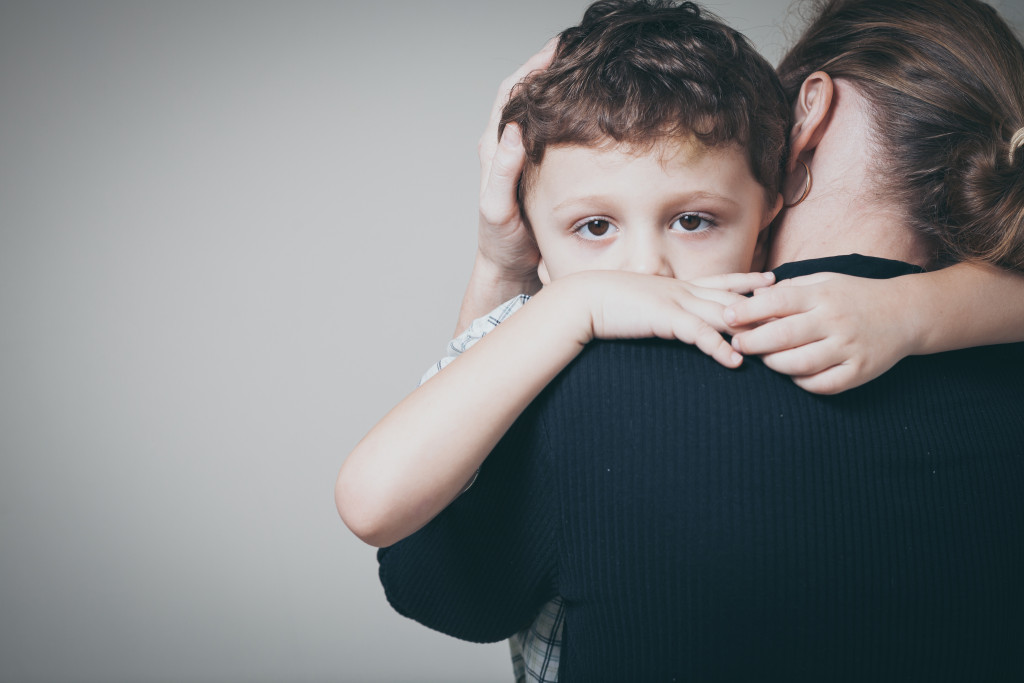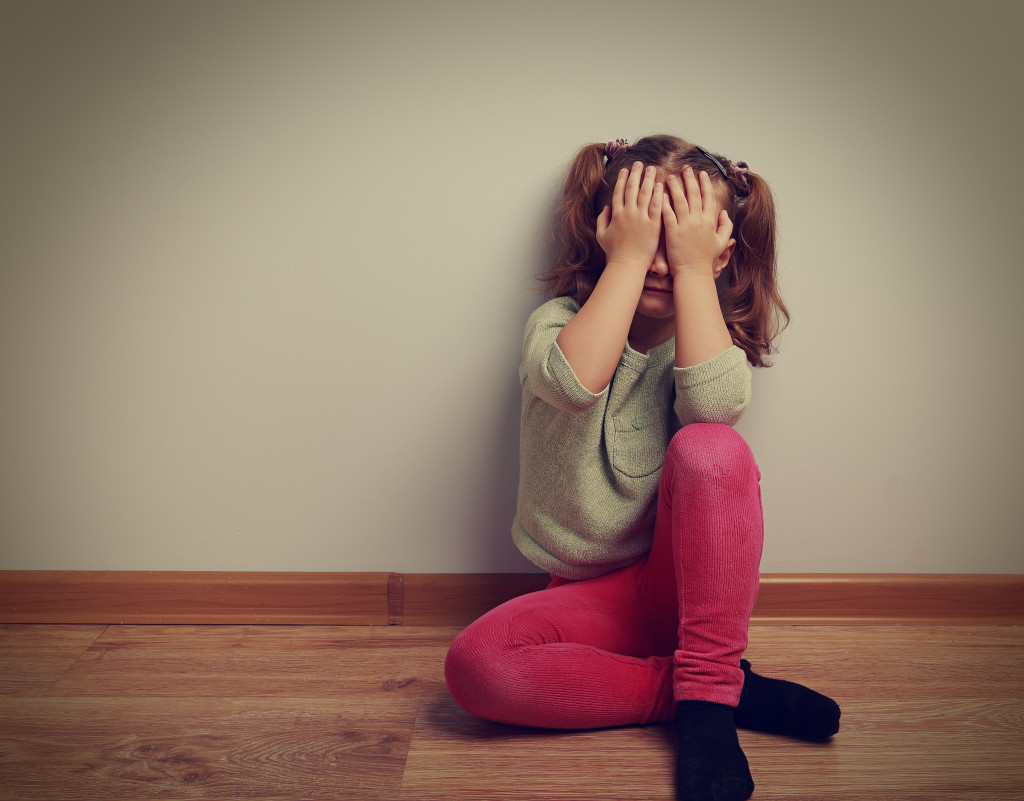As a parent, it can be challenging to know when your child is experiencing depression. When kids are young, they may not have the capacity to express their emotions healthily and can instead act out in ways that can lead to misdiagnosis. Depression is fairly common among children, and parents need to be aware of the signs of depression and ensure their children get the help they need.
Unrealistic Academic Expectations
One of the most common causes of childhood depression is unrealistic academic expectations from parents or peers. If your child feels like they don’t measure up academically, it can add a lot of stress and frustration, leading to depression. Therefore, it’s crucial for you as a parent to set realistic expectations for your child and ensure that they understand that academic success is not everything.
Bullying
Bullying has become a significant issue in today’s society and can have long-lasting effects on children who experience it. Its incidence rates are rising, and those who are bullied often feel helpless, isolated, and ashamed, which can lead to depression. If you believe your child is being bullied, you must talk with them about it and take steps to address the problem immediately.
Lack of Social Support
Another common cause of childhood depression is a lack of social support from friends or family members. Children need positive role models in their lives to stay emotionally healthy. If your child does not feel supported by their family members or peers, this could contribute to their feelings of depression.
Family Dysfunction
Family dysfunction, such as divorce or abuse, can also contribute to childhood depression. Children need stability to grow up feeling safe and secure, so if your family is going through any upheaval, it could be affecting your child more than you realize. If you think this might be the case with your child, ensure that you provide them with an environment where they feel loved and accepted.

Physical Illness or Injury
Physical illness or injury can also lead to depression in children if they cannot participate in activities they enjoy due to physical limitations or pain associated with an injury/illness. This could make them feel frustrated and helpless, which could eventually create hopelessness and despair if left unchecked for too long. Make sure you seek medical attention for any physical issues your child may have so that treatment options can be explored before their condition worsens due to lack of care.
Ways to Deal With Depression
There are many potential causes of childhood depression. All of these factors should be considered when assessing whether or not a child is experiencing symptoms consistent with clinical depression. As a parent, you must keep an open dialogue with your kid about how they feel so that difficulties encountered during this formative period don’t lead down a road towards further emotional issues down the line when left unaddressed now! You should also follow these tips to help your child deal with depression:
Physical Check-Up
Sometimes, depression can have an underlying physical problem. That’s why you should visit your pediatric care services and get your child checked. They can do tests to determine if there is a treatable medical cause for depression. This can help diagnose the problem more clearly so you can deal with it better.
Incorporate Positive Activities Into Their Routine
For children dealing with depression to find relief from symptoms, positive activities must become part of their everyday routine. This could include anything from going out into nature, engaging in physical activity such as yoga or running, playing music, or painting pictures—all activities are known to boost moods naturally. Incorporating these activities into a daily routine will give the child something positive—and healthy—to look forward to each day while also providing some relief from depressive symptoms.
Encourage Self Care Practices
Another way parents can offer support is by encouraging self-care practices such as getting enough sleep (which requires setting age-appropriate bedtimes), eating nutritious foods (which requires involving kids in food shopping/preparation), staying hydrated (which requires setting limits on sugary drinks) and having relaxing hobbies (which consists in giving kids choices). These small changes add up over time, leading to improved moods and overall well-being for depressed children!
Have Regular Check-Ins
When a parent has an anxious or depressed child, it is important to establish regular check-ins so they know they can always come to you with their problems. In addition, these check-ins can provide an opportunity for parents to see how their children are doing, both mentally and physically. It is also beneficial if the check-ins are scheduled at least once a week as this helps children develop consistency and predictability within their lives, making them feel more secure.
Depression among children is a serious issue that requires immediate intervention. However, by taking action now, you will provide them with the tools needed for success in dealing with depression as an adult later in life.
